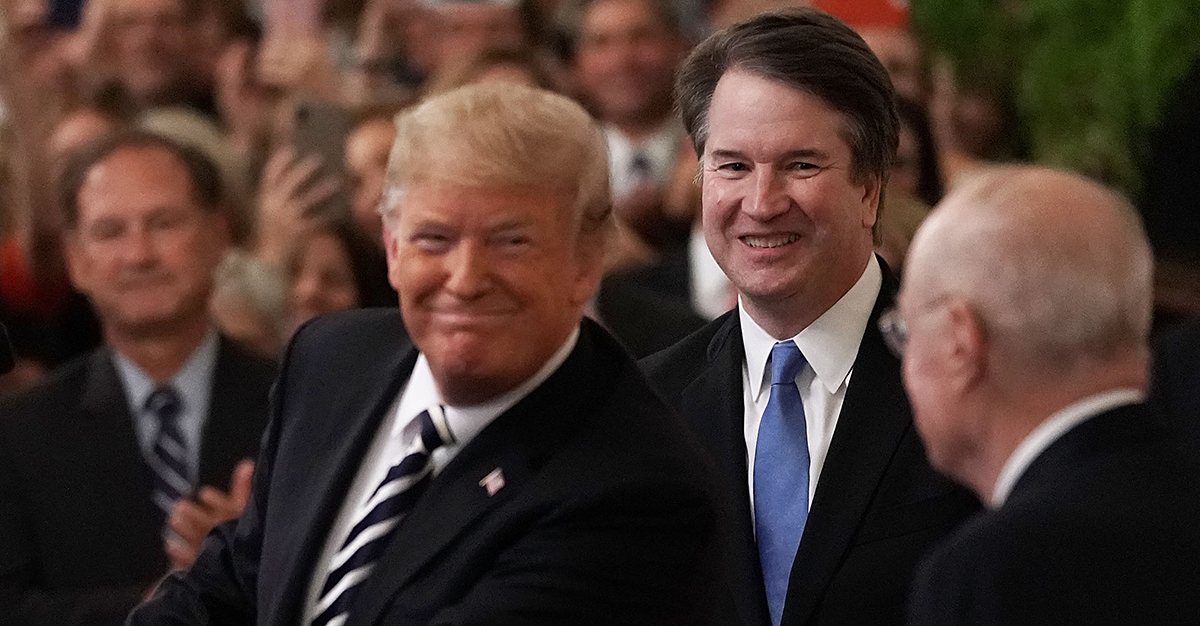OPINION: This article may contain commentary which reflects the author's opinion.
The U.S. Supreme Court has halted the execution of a Texas death row inmate who requested that his pastor be allowed to lay hands on him and pray while he dies.
John Ramirez argued that a Texas policy prohibiting his pastor from placing his hands on him during his execution violated his First Amendment right to practice his religion without government interference.
Ramirez was convicted of a 2004 murder at a Corpus Christi convenience store.
He stabbed Pablo Castro, the convenience store clerk, 29 times during a robbery spree to get drug money with two women. Castro had $1.25 on him.
The Supreme Court issued a one-paragraph order to temporarily halt his execution and granted his request to hear his case.
The application for stay of execution of sentence of death presented to Justice Alito and by him referred to the Court is granted. The motion for leave to proceed in forma pauperis and the petition for a writ of certiorari are granted. The Clerk is directed to establish a briefing schedule that will allow the case to be argued in October or November 2021.
The order marks the third time in the past two years that the Supreme Court has halted an execution in Texas execution “over the state prison system’s rules on how religious advisers can attend to condemned prisoners as they die,” the Texas Tribune notes.
USA Today reported:
Ramirez was a 20-year-old kitchen worker when he and two women confronted Castro outside a Times Market in Corpus Christi in search of money to buy drugs.
According to an earlier Caller-Times article, Ramirez beat and kicked Castro and stabbed him 29 times with a 6-inch serrated knife. The three left with $1.25.
The women, Christina Chavez and Angela Rodriguez were arrested a short time later and sentenced to prison. Ramirez was arrested at the Texas-Mexico border in February 2008.
Pablo Castro was stabbed 29 times and robbed of $1.25 in July 2004. He died of his wounds.
Ramirez’s execution had twice been delayed in the past.
Ramirez’s attorney told the court that the Texas policy required the pastor to “stand in his little corner of the room like a potted plant” and that “if he even breathes through his mouth, the warden may declare that” the pastor is violating the state’s policy by “trying to utter prohibited words of prayer.”
“That a state may not impose policies coercing an inmate to do what his religious (tenets) forbid does not mean that it must accede to his every religious demand,” Texas Attorney General Ken Paxton told the court in legal papers. “By design, prisons impede inmates’ freedom to behave as they might wish, which, necessarily limits some of their religious behavior.”
